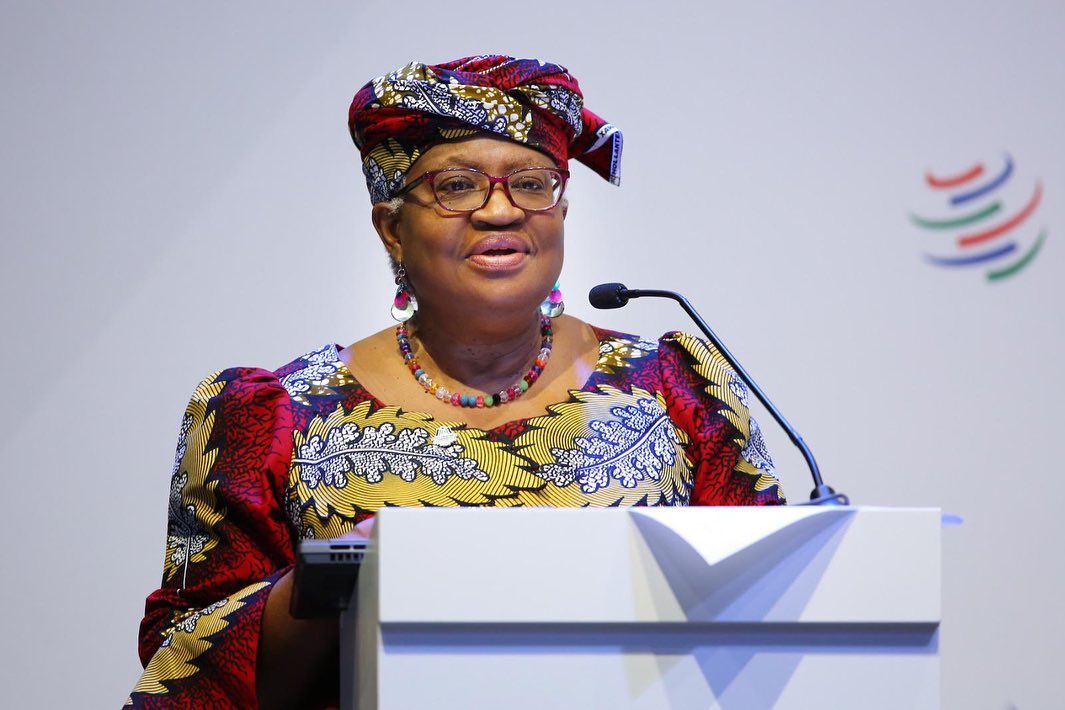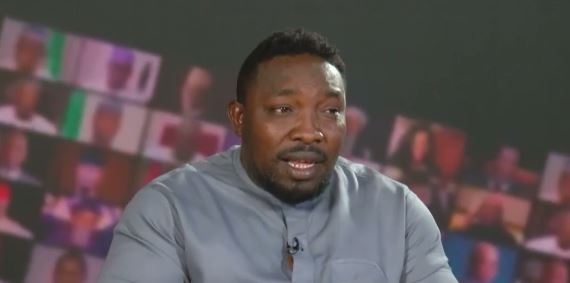
The International Committee of the Red Cross has become involved in a secret prisoner swap deal to secure the release of the Nigerian schoolgirls kidnapped by Boko Haram. The Telegraph UK reports that officials from the Geneva-based organisation are involved in talks between the Federal Government and a senior Boko Haram leader currently held in one of the country’s maximum security prisons.
According to the report published online on Thursday, the Red Cross officials have also visited a number of other jails, identifying a list of 16 senior commanders that Boko Haram wants freed in exchange for its hostages. A veteran civil rights activist, Fred Eno, who has been involved in the talks, told the Telegraph,
“We felt the negotiations would go better with the backing of a major international humanitarian organisation like the ICRC.
“There have been two or three ICRC people at each meeting-international staff, rather than Nigerians-and they accompany the government security agents to the various prisons and detention centres to identify the people that Boko Haram want released.”
The negotiations began around two months ago, when representatives of the ICRC, along with government officials and intermediaries from Nigerian civil rights groups, met with a senior Boko Haram leader currently serving a life sentence in Kuje prison, Abuja.
The Boko Haram leader, identified only as “Omar”, acted as a spokesman for all the group’s detainees. A source close to the talks claimed that at one point, the discussions came close to reaching a deal, with delegations despatched to Yola, Adamawa, in preparation for picking up the girls.
However, the deal then broke down when Boko Haram refused to release all the girls at once, as the government had insisted.
“The insurgents wanted to release the girls on a piecemeal basis, but the government turned down that offer.
“There was also some opposition from some factions inside of the government to doing any kind of prisoner swap at all, as they feel the Boko Haram prisoners are hardened criminals who have committed heinous crimes,” the source said.
Eno said the 16 prisoners that Boko Haram wanted released were not well-known names among the Nigerian public, but were still senior figures in the group. He added that one of the reasons for the breakdown in the agreement was that in some cases, the ICRC and prison authorities had been unable to match the names on the Boko Haram list to prisoners held in any jails.
According to him, this could be because the names were simply wrong or inaccurate, but that the group had inferred that the government was trying to hold some prisoners back, and had therefore refused to release all the girls at once. Western diplomats in Abuja also told The Telegraph recently that they doubted the girls would ever be released because of Western pressure on the Nigerian government not to negotiate with a terrorist group as brutal as Boko Haram.
We hope this works out, the girls have suffered for too long already!























